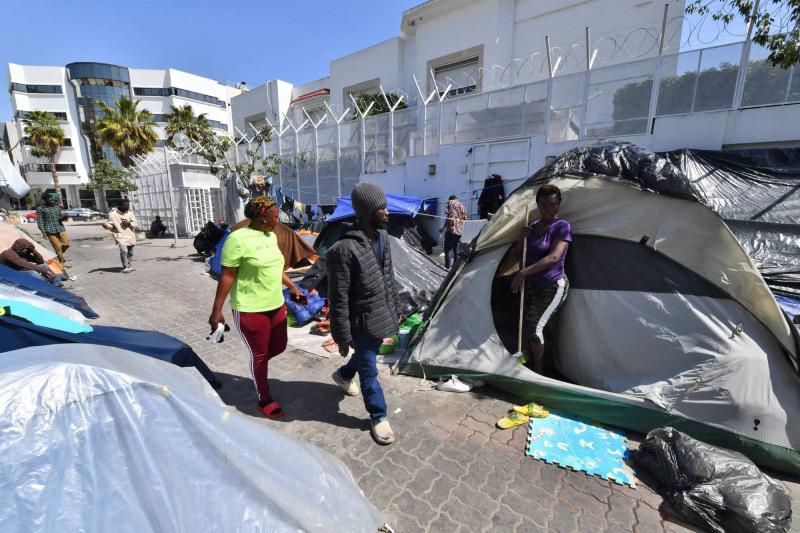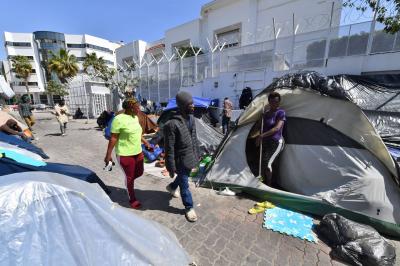When Tunisian President Kais Saied rejected €60 million ($63 million) in aid from the European Union this month, the bloc felt the risks and challenges it will face in its efforts to forge new agreements with African countries to curb illegal migration across the Mediterranean. The EU, encouraged by Italy and Spain, has embraced the idea of establishing what it describes as strategic cooperation agreements with North African countries as the best tool to reduce illegal arrivals. However, security risks, high costs, lack of trust, and African countries' inability or unwillingness to tighten border controls or enhance their asylum systems highlight shortcomings in a policy criticized by human rights groups for disregarding humanitarian considerations.
An EU official involved in shaping the foreign policy of the 27-nation bloc stated, "These countries are often not ready to deal with the issue... They are also very sensitive to what they consider to be sovereignty issues." Another EU official participating in related international negotiations pointed to additional risks, such as making the EU dependent on leaders criticized for human rights violations and democratic standards, who are perceived as bargaining heavily for money.
An agreement with Turkey to curb migration through its territory has cost the EU more than €9 billion since 2016. This agreement significantly reduced the number of arrivals in Greece and other parts of the EU, which was unprepared when over a million people, mostly fleeing war in Syria, arrived on its shores in 2015. It has also contributed to an increase in the number of refugees in Turkey, raising concerns among other countries unwilling to keep arrivals on their territories to assist Europe, which is wealthier than they are.
The EU is negotiating a similar agreement with Egypt to limit migration. In July, the EU offered Tunisia, which is struggling with a bailout package from the International Monetary Fund, €1 billion under an agreement that provides economic assistance in varying installments in exchange for curbing migration mainly caused by economic reforms. Saied rejected the terms and returned part of the first installment of the aid. Migration researcher Fatma Raash stated, "Tunisia refuses to be a hotspot (for migration) or a destination country."
Criticism has been directed at the agreement for lacking sufficient transparency, with Fatma noting that it did not include any clause regarding monitoring reception conditions in a country that has no asylum laws, thus endangering the safety of those who might be relocated there. The EU, with a population of 450 million, has recorded the arrival of 250,000 irregular migrants this year, up from 160,000 in all of 2022, a rise that has raised concerns in Italy and Germany.
Although the EU welcomed several million refugees due to the Russian war in Ukraine, it desires to restrict illegal migration from the Middle East and Africa. Tunisia claims to have launched a crackdown on human traffickers, preventing nearly 10,000 people from departing by sea in the month ending October 15, and stopped around 12,500 from entering by land. A senior Tunisian official told Reuters that the country is doing its utmost to stop the flow of migrants. He added, "The issue is not financial... but we want a mutual respect agreement that includes a complete package, including economic and investment components."
In a positive gesture, Saied welcomed Italy's agreement to receive around 4,000 workers from his country. Germany is also hinting at the possibility of facilitating legal migration, with Chancellor Olaf Scholz recently visiting Egypt. The European Commission is trying to negotiate a "mutually beneficial strategic partnership" with Cairo.
While EU officials acknowledge that the pay-for-curbing-migration model will not be easy and is not a final solution to complex challenges, EU leaders are set to underscore this approach when they meet in a summit in Brussels today, Thursday. As one EU official stated, "There will certainly be a trend towards doing more."




